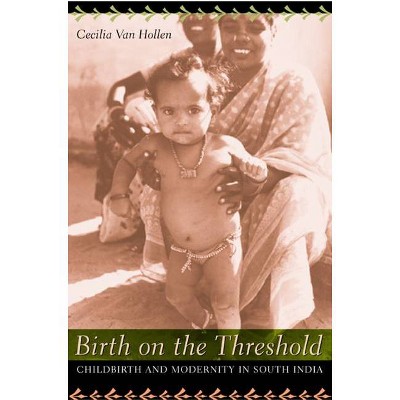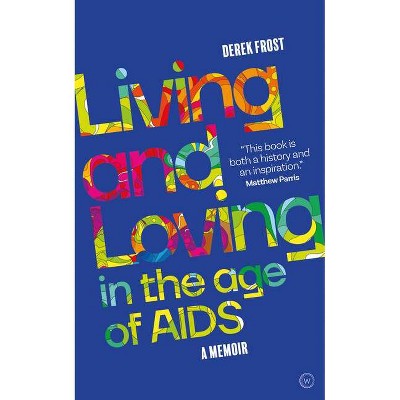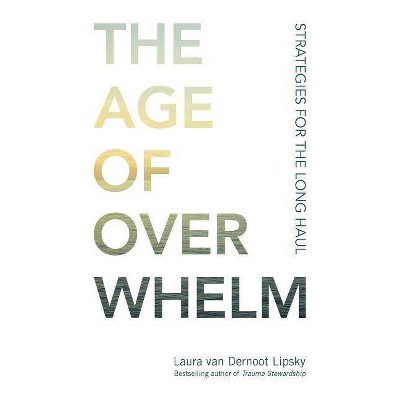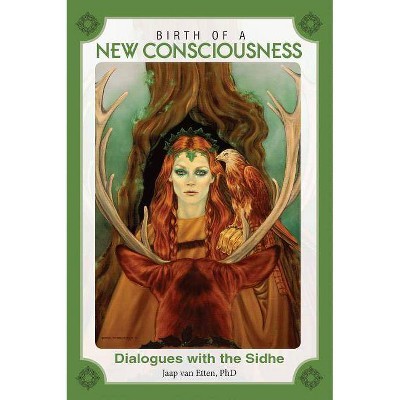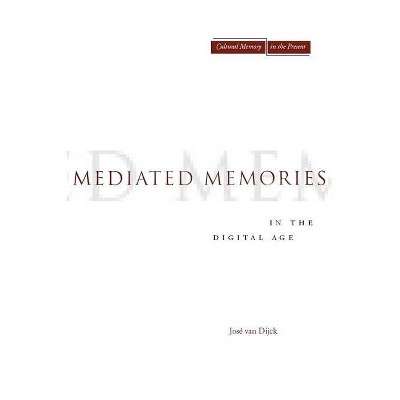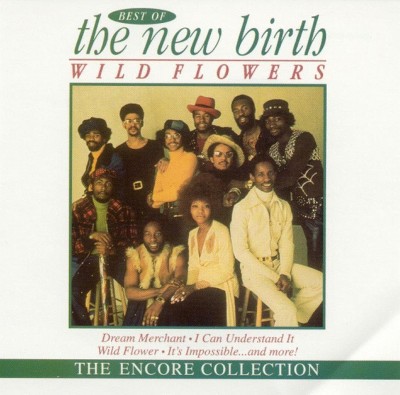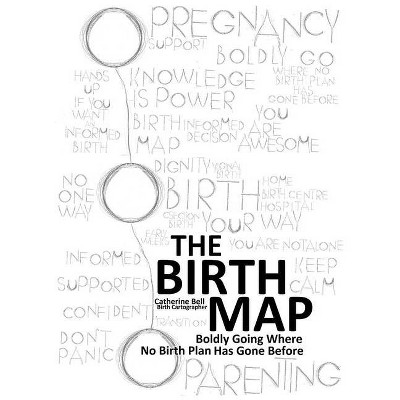Birth in the Age of AIDS - by Cecilia Van Hollen (Paperback)
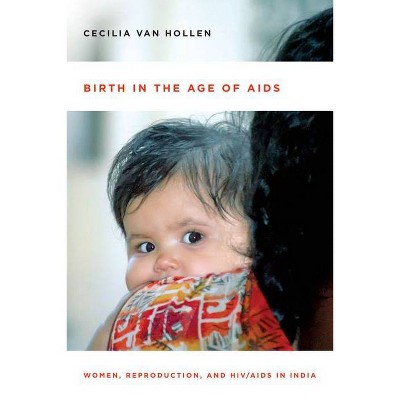
Similar Products
Products of same category from the store
AllProduct info
<p/><br></br><p><b> About the Book </b></p></br></br><i>Birth in the Age of AIDS</i> is a vivid and poignant portrayal of the experiences and struggles of HIV-positive women in India during pregnancy, birth, and motherhood at the beginning of the 21st century.<p/><br></br><p><b> Book Synopsis </b></p></br></br><i>Birth in the Age of AIDS</i> is a vivid and poignant portrayal of the experiences of HIV-positive women in India during pregnancy, birth, and motherhood at the beginning of the 21st century. The government of India, together with global health organizations, established an important public health initiative to prevent HIV transmission from mother to child. While this program, which targets poor women attending public maternity hospitals, has improved health outcomes for infants, it has resulted in sometimes devastatingly negative consequences for poor, young mothers because these women are being tested for HIV in far greater numbers than their male spouses and are often blamed for bringing this highly stigmatized disease into the family. Based on research conducted by the author in India, this book chronicles the experiences of women from the point of their decisions about whether to accept HIV testing, through their decisions about whether or not to continue with the birth if they test HIV-positive, their birthing experiences in hospitals, decisions and practices surrounding breast-feeding vs. bottle-feeding, and their hopes and fears for the future of their children.<p/><br></br><p><b> Review Quotes </b></p></br></br><br><i>Birth in the Age of AIDs</i> is an important and beautifully written ethnography of women dealing with HIV/AIDS in India. Van Hollen delves into the life stories and narratives of young HIV-positive mothers, illuminating the lived nature of the epidemic as well as the intricate workings of gender and family, sexuality, biomedicine, stigma, and poverty. This original and riveting book will make a major impact in medical anthropology, gender studies, South Asian studies, and understandings of HIV/AIDS in global context.--Sarah Lamb "Brandeis University"<br><br><i>Birth in the Age of AIDS</i> brings out the roles of policy and network activism in supporting pregnant HIV-positive women. This support structure has helped them deal with cultural stigmatization and gender inequalities and seek social justice. Lucidly documented research findings along with discussion on policy insights make this book an important reading for all who are directly or indirectly engaged in the field of reproductive and child health.--Shalini Rudra "<i>Economic & Political Weekly</i>"<br><br><i>Birth in the Age of AIDS</i> is a deeply sensitive and thoughtful account of global health interventions on the ground. The women in this stirring book not only fight AIDS, stigma, and economic insecurity but also craft possible futures, humanize policy debates, and make an unequivocal case for new practices of care.--João Biehl "Princeton University"<br><br><i>Birth in the Age of AIDS</i> takes the reader on a very personal journey of the experiences HIV-positive women in Southern India have during pregnancy, delivery, and postpartum . . . This book brings to life the positive empowering results of being engaged in a network of people living with HIV and AIDS, taking women from the shadows of shame to the brightness of dignity. Though the book focuses on case studies from a decade back, the stories of stigma, discrimination, avoidance, and rejection are timeless . . . <i>Birth in the Age of AIDS</i> provides a new perspective on the history of the international and domestic response to the AIDS epidemic in India from its inception in Tamil Nadu. By meticulously dissecting each case from a variety of perspectives, Van Hollen uncovers layer after layer the patterns that create stigma, exacerbate gender inequalities, undermine women's decision-making about their own health and treatment, and lead to family discord.--Robert Clay "<i>United States Agency for International Development</i>"<br><br>[Van Hollen's] comprehensive analysis of how HIV+ women fare in a fiercely androcentric part of India sheds light on how the vicious stigma of HIV/AIDS impacts their lives and can result in blatant discrimination . . . Recommended.--C. Apt "<i>Choice</i>"<br><br>As a seasoned ethnographer of gender and reproduction in Tamil Nadu province, Van Hollen writes with maturity, confidence, and a wealth of experience . . . One of this book's major contributions is that it shows how the stigma surrounding HIV/AIDS produces and reproduces gendered inequalities in a setting where women face arranged marriage, patrilocal residence, pressure to bear children, and a sexual double standard . . . This fine ethnography fits well under the rubrics of Asian studies, global health, medical anthropology, gender studies, and the anthropology of reproduction . . . Van Hollen proves that careful ethnographic research is indispensable to understanding the actual, lived effects of infectious disease control programs, an insight that will surely resonate with public and global health practitioners and other readers outside of anthropology.--Lynn M. Morgan<br><br>By sharing these women's experiences in their own words, [Van Hollen's] work addresses a critical gap in what we (think we) know about HIV and AIDS . . . <i>Birth in the Age of AIDS</i> is a quick, compelling read that will appeal to readers working in a number of related fields . . . [Van Hollen] hints at the delicate balance advocates have to strike in relation to rapidly shifting policy imperatives and local needs, and provides a poignant reminder that there are often unintended consequences of activism that only come into focus in hindsight.--Kristin Francoeur<br><br>Cecilia Van Hollen's latest book, <i>Birth in the Age of AIDS: Women, Reproduction, and HIV/AIDS in India</i>, provides a nuanced, readable, and extremely compelling exploration of the lived experiences of women enrolled in prevention of parent to child transmission programs in Tamil Nadu, India in the first decade of the 21st century . . . This book is an excellent and very accessible example of the ethnography of HIV/AIDS, and will be of interest to scholars and students of medical anthropology, global health, feminist anthropology, and India.--Lily Shapiro "<i>Somatosphere</i>"<br><br>Perhaps the single most powerful feature of Cecilia Van Hollen's deeply empathic, elegantly crafted, incisive, and thoroughly engaging analysis is the way in which women's voices are manifested with all of the profound feeling, complexity, and nuance that is attendant on struggles for adequate and meaningful self-representation in contexts of inequality, marginalization, poverty, and stigmatization.--Joseph Alter "<i>American Ethnologist</i>"<br><br>Poor pregnant women targeted by HIV-prevention programs in Tamil Nadu understand their decisions about testing to signify empowerment, assert their superior maternity through the unlikely sacrifice of not breastfeeding, and mobilize power through HIV-support networks. Van Hollen's meticulous and fascinating study reveals how 'global' health practices create unexpected local effects.--Claire Wendland, Departments of Anthropology and Obstetrics & Gynecology "University of Wisconsin"<br><br>This book begins to fill an important gap in the literature on women living with HIV. Based on an extensive and rigorous process of ethnographic fieldwork it explores the pregnancy and childbearing experiences of a sample of Indian women from a variety of backgrounds. Treading carefully between the social constraints imposed on these women and their exercise of their own autonomy it provides a rich and textured account of what are too often invisible yet vital aspects of human life. It is clearly written and well referenced and will hopefully provide a model for similar studies in other parts of the world.--Lesley Doyal, Emeritus Professor of Health and Social Care "University of Bristol"<br><br>This book is a ground-breaking investigation into the reproductive lives of HIV-positive women. The ethnographic setting, the South Indian state of Tamil Nadu, is moreover a very illuminating one for global health . . . Van Hollen contributes significantly to debates about the authoritarianism of reproductive medicine and the state in South Asia, and women's gendered agency in negotiating these structures, as well as the ambivalence and destructive guises of kinship.--Kaveri Qureshi "<i>Pacific Affairs</i>"<br><br>This path-breaking volume is the first to examine HIV within the contours of women's reproductive lives--both as pregnant wives and birthing mothers--in the low-caste communities of southern India. Van Hollen's compassionate, humanizing account sheds light on women's strength and resilience in the midst of a cruel epidemic.--Marcia C. Inhorn "Yale University"<br><br>Van Hollen's remarkable book is as much about global health as it is about India's national health policy and local experiences. The author situates her work firmly within the growing annals of medical anthropology that document how discourses of global health intersect with local realities. There is insightful analysis of how global health techniques--such as of informed consent--are implemented in Tamil Nadu hospitals. While acknowledging some of the problematic reasons for the centrality of informed consent procedures, she nonetheless focuses on them in order to highlight the gap between global policy on the one hand and local practice on the other hand. But the analysis of informed consent does more work than just highlighting the gap between policy and practice. In choosing to study a practice that is central to the global health vernacular, the author renders the Indian epidemic recognizable across countries, inserting the experience of the women in Tamil Nadu into frameworks that can be understood beyond India.--Manjari Mahajan "<i>Bulletin of the History of Medicine</i>"<br><br>When [Van Hollen] includes the women's histories as well as quotes from interviews, they are rich and deeply poignant . . . <i>Birth in the Age of AIDS</i> is an important ethnographic account that is well worth the read.--Angela Kelly-Hanku "<i>The Asia Pacific Journal of Anthropology</i>"<br><p/><br></br><p><b> About the Author </b></p></br></br>Cecilia Van Hollen is Associate Professor of Anthropology at the Maxwell School for Citizenship and Public Affairs, Syracuse University.
Price History
Price Archive shows prices from various stores, lets you see history and find the cheapest. There is no actual sale on the website. For all support, inquiry and suggestion messagescommunication@pricearchive.us
